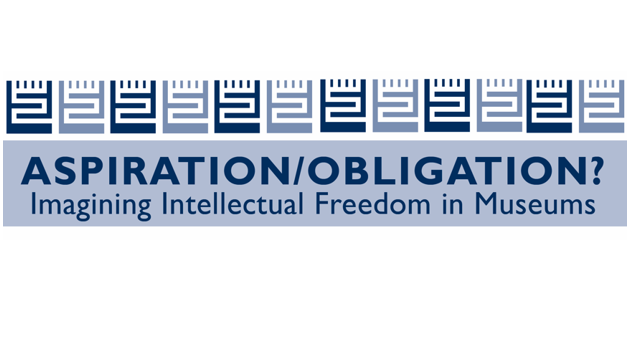Aspiration/Obligation? Imagining Intellectual Freedom in Museums

How Do Museums Respond to Public Challenges to Their Exhibitions?
What Would a National “Bill of Rights” for Museum Visitors Look Like?
Should Museums Limit Access to Potentially Controversial Materials?
Since the 1930s, American libraries have organized their work around a set of core principles that places users and their unrestricted rights of access to information as a professional imperative. Codified in the Intellectual Freedom Manual and supported by the staff and financial resources of the ALA’s Office of Intellectual Freedom, these principles include such diverse topics as the need for fully cataloged and accessible collections and collections information, the need to respond to challenged materials and issues of censorship, the assurance of diversity in collection development, and guarding against the economic and technological barriers to access—in all over 400 pages operationalizing a system of professional practice that is championed by the field’s highest professional organizations.
Museums, too, believe that principles of intellectual freedom are issues that matter deeply in the admittedly different nature of their work. Yet no formal policy addressing intellectual freedom issues exists in any of the field’s leading professional organizations and few individual museums have crafted anything equivalent to the ALA’s “Library Bill of Rights” and the “Freedom to Read,” which articulate and protect the intellectual freedom rights of visitors.
Aspiration/Obligation? Imagining Intellectual Freedom in Museums seeks to redress this gap by starting a discussion about the standards that have been established for library users and to imagine how these defining practices might be adapted in museums to assure that museum exhibitions, collections information, programming, and artifacts remain available to all as we enter an uncertain future.
[note, due to a technical malfunction during the recording process, only the first presentation of this event was recorded in its entirety.]


